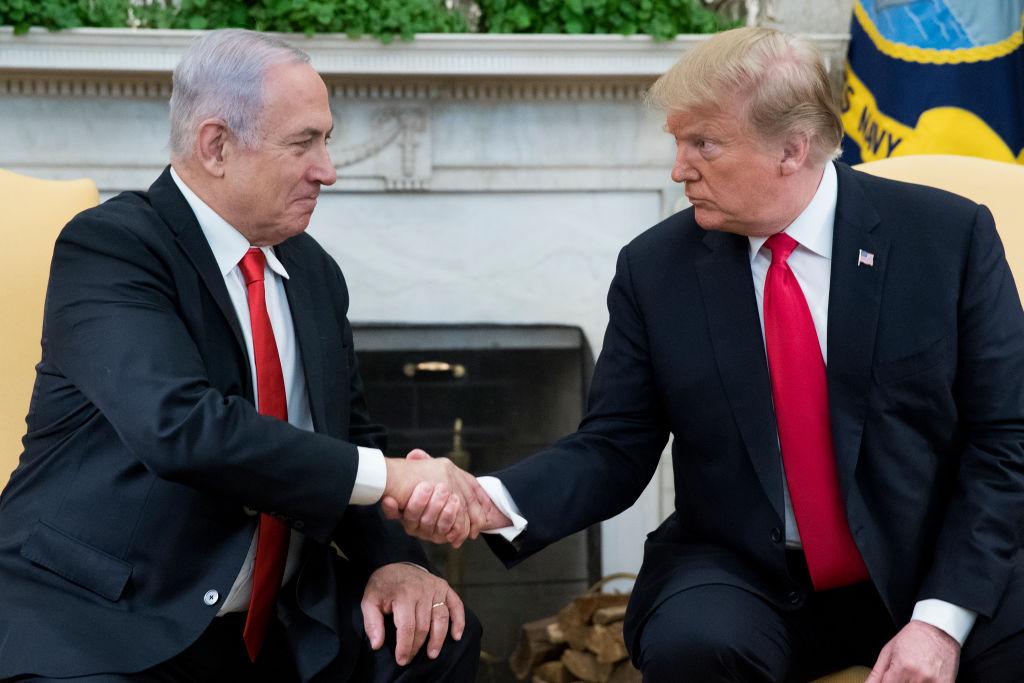Concerns about Israel’s growing ties to China are coming from the highest levels of the U.S. government.
During their meeting in Washington in late March, U.S. President Donald Trump warned Israeli Prime Minister Benjamin Netanyahu that the U.S.–Israeli security relationship could suffer if Israel doesn’t curb its bilateral ties with Beijing, according to an April 14 report by Israeli broadcaster Channel 13, citing several unnamed senior Israeli officials involved in the meeting.





